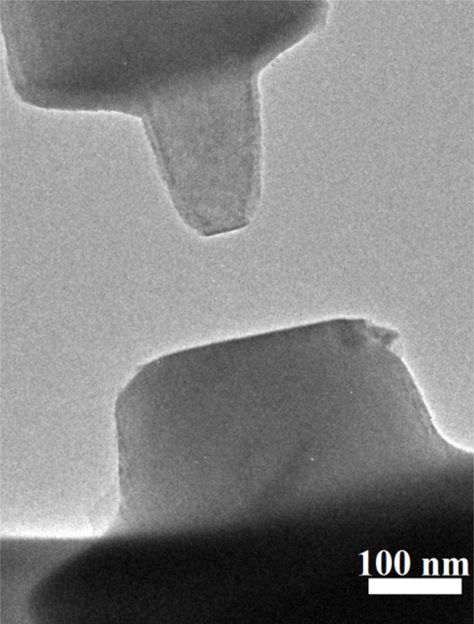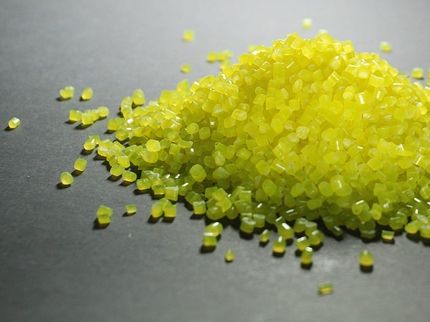Malvern Instruments and Rutgers collaborate on materials characterization lab at Center for Ceramic Research
A new particle characterization and rheology laboratory is being installed at the Center for Ceramic Research (CCR) at Rutgers (State University of New Jersey), as part of a collaborative project between the university and Malvern Instruments. Malvern is providing a suite of state-of-the-art instrumentation that will be used by researchers from the CCR, other university departments and partnership universities (Penn State and New Mexico) to continue the exploration of the links between rheology and particle characteristics. The new facility will be managed by Professor Richard Haber, director of the CCR.
“Properties such as particle size, size distribution and zeta potential often directly influence rheological behaviour,” said Professor Haber. “Malvern recognizes this and, uniquely, has in-house expertise and instrumentation in both fields. They are an excellent partner for our work. We look forward to using these new tools to push forward understanding in this industrially important area.”
Organizations
Other news from the department science

Get the chemical industry in your inbox
By submitting this form you agree that LUMITOS AG will send you the newsletter(s) selected above by email. Your data will not be passed on to third parties. Your data will be stored and processed in accordance with our data protection regulations. LUMITOS may contact you by email for the purpose of advertising or market and opinion surveys. You can revoke your consent at any time without giving reasons to LUMITOS AG, Ernst-Augustin-Str. 2, 12489 Berlin, Germany or by e-mail at revoke@lumitos.com with effect for the future. In addition, each email contains a link to unsubscribe from the corresponding newsletter.
Most read news
More news from our other portals
See the theme worlds for related content
Topic World Particle Analysis
Particle analysis methods allow us to study tiny particles in various materials and reveal their properties. Whether in environmental monitoring, nanotechnology or the pharmaceutical industry, particle analysis gives us a glimpse into a hidden world where we can decipher the composition, size and shape of particles. Experience the fascinating world of particle analysis!

Topic World Particle Analysis
Particle analysis methods allow us to study tiny particles in various materials and reveal their properties. Whether in environmental monitoring, nanotechnology or the pharmaceutical industry, particle analysis gives us a glimpse into a hidden world where we can decipher the composition, size and shape of particles. Experience the fascinating world of particle analysis!
Topic world Rheology
Rheology deals with the flow behavior and deformation properties of materials. In the chemical field, it is indispensable for understanding the consistency, viscosity and elasticity of liquids, gels and solids. Whether formulating paints, producing polymers or optimizing food textures, rheological properties influence how substances react, move and feel.

Topic world Rheology
Rheology deals with the flow behavior and deformation properties of materials. In the chemical field, it is indispensable for understanding the consistency, viscosity and elasticity of liquids, gels and solids. Whether formulating paints, producing polymers or optimizing food textures, rheological properties influence how substances react, move and feel.
Last viewed contents

WACKER Completes Capacity Expansion for Dispersions and Powders in Nanjing
Astron_Ltd
Researchers 'watch' crystal structure change in real time
Eugene_Concrete
HLA-Cw*16
Sung_Shin
OLCO_Petroleum_Group

Forces that align crystals and help them snap together measured




























































